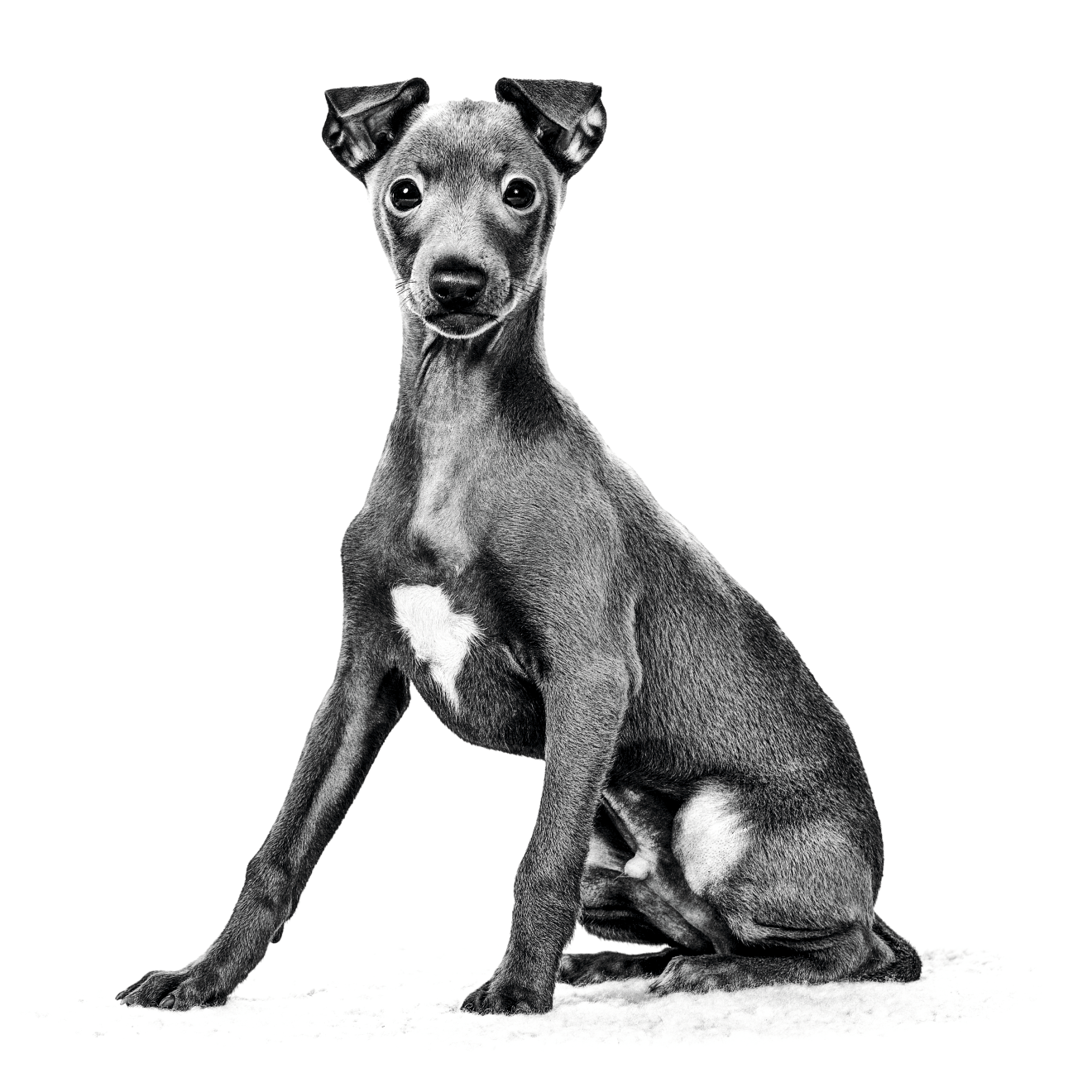
Selecting the right dog breed for you
When you make the decision to welcome a dog into your household, you’re continuing a very long-established tradition. Dogs and people have been companions for millennia. That said, becoming a dog owner is still a big decision. From the day they arrive, your dog will become an integral part of your household. As their owner, you’ll have a responsibility to give them a good life, right from the start. That responsibility begins long before that exciting day, with plenty of research, information and ultimately a decision: which dog breed is right for you.
We’re here to guide you through the wealth of dog breed information towards that important choice.
On this page you will find the following:
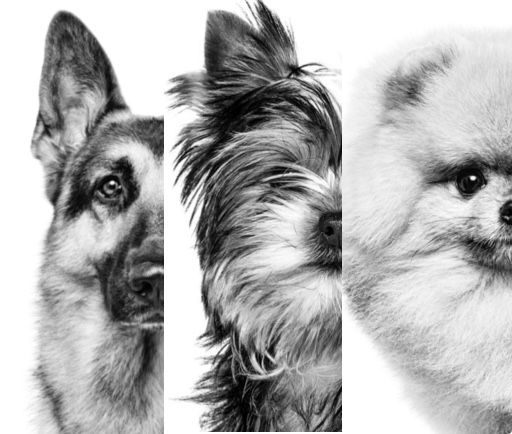
Find the right dog breed for you
Answer questions about your lifestyle
Get your recommended breed match
Access in-depth content about your favorite breed
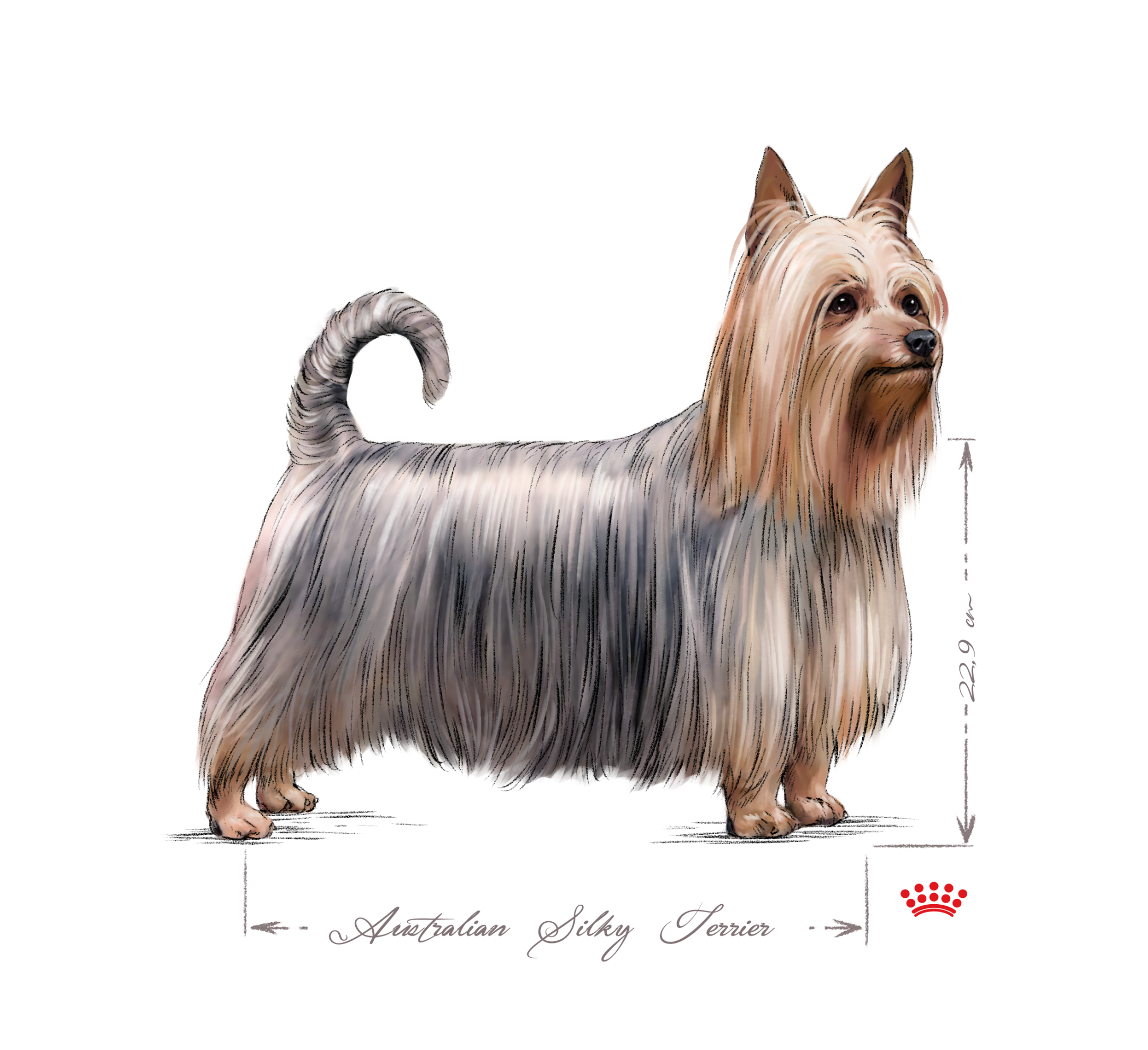
1. How to choose the right dog breed
Using our dog breed library makes it easy to find out more about all the different dog breed profiles, compare and assess their characteristics and arm yourself with the knowledge you’ll need to make your choice. Deciding to become a dog owner is a long-term commitment. And it’s an ongoing one, requiring time, money and effort throughout your dog’s life - but it’s a commitment that will be repaid many times over in the affectionate and rewarding bond you’ll share with your dog and the fun you’ll have together.
Discover our related articles
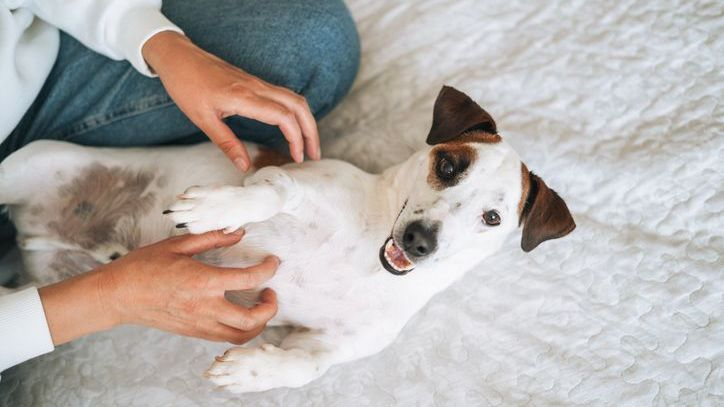
2. Decisions, decisions: questions to ask yourself before you get a dog
When choosing which dog breed is right for you, your household, your home and your lifestyle, there are many important factors to consider. As a dog owner, it’s your responsibility to take care of your dog’s health and well-being.
Once your new pet has arrived that will include:
- Nutrition—laying the foundation for your dog’s healthy life, no matter their breed, by making sure they have the right food in the right quantity for their age from the start
- Regular check-ups from the vet to monitor their progress and spot and deal with any health problems Are you ready to spend? Your dog is an investment. High-quality food, training and toys, as well as vet appointments and healthcare insurance all add up.
- An appropriate amount of exercise for their breed and stage of development
- Socialisation and training to allow them to find their place in their new life
But before all those duties, come some big decisions.
Rescue dog or pedigree puppy?
You may decide you want to adopt your dog from a rescue centre. This will probably mean taking on an older dog and choosing from among the candidates already waiting for new homes. That is likely to include some pedigree and some mixed-breed dogs. Your new pet is likely to be past the puppy stage when they arrive in your home, but will still need lots of attention as they get used to their new human and new environment.
If you decide a pedigree dog breed is right for you, you’ll be able to base your choice on the wealth of information available on the different dog breeds. You’re also more likely to be able to choose a puppy. In that case, make sure you do your research thoroughly to find a responsible breeder. Guiding your new pet through the critical early months of their life is a privilege as well as a responsibility. Whatever breed you choose, your new puppy will need plenty of care and attention.
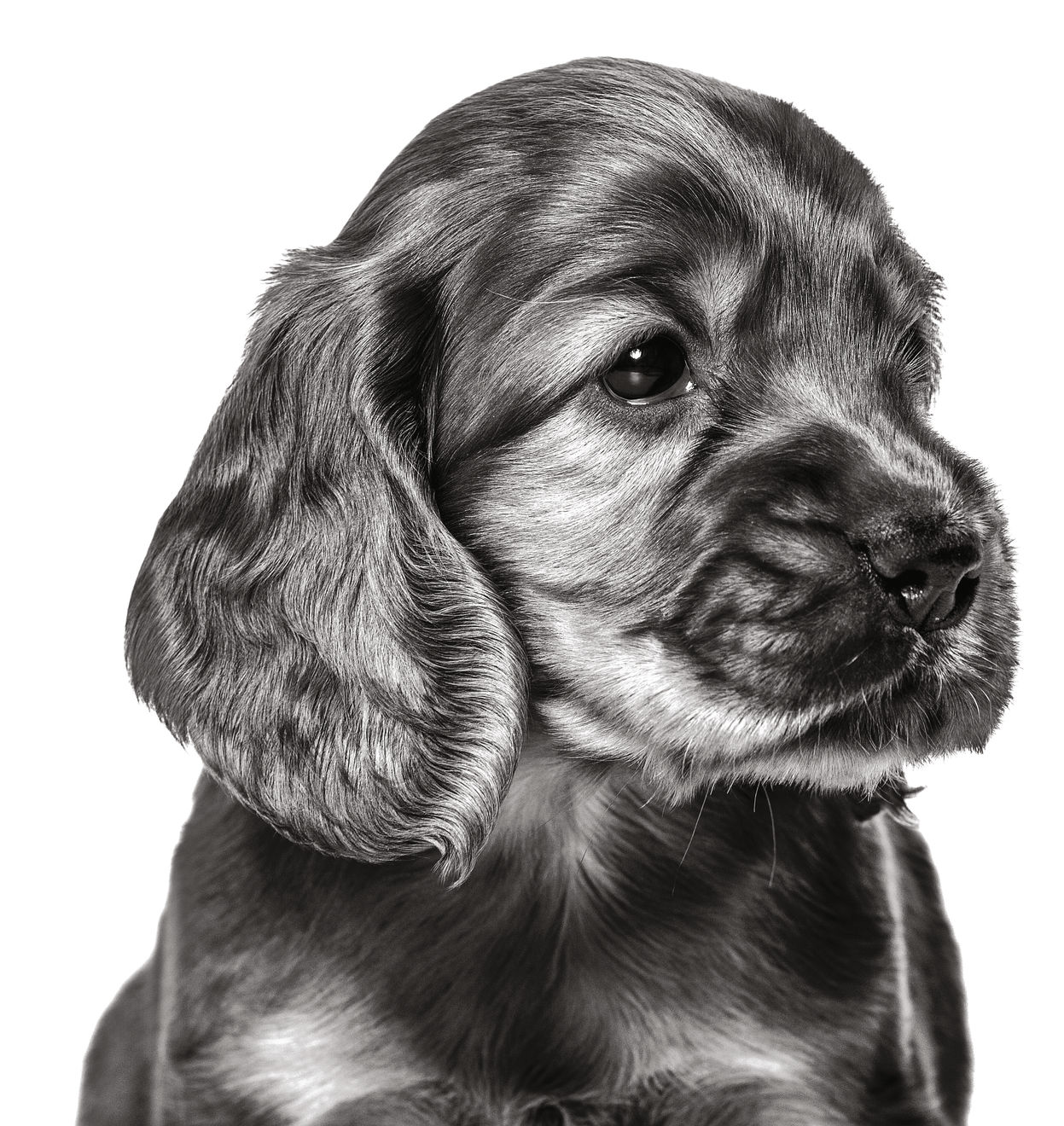
Who, where and how: which dog breed is right for you?
Three big questions to ask yourself before you take on a new canine companion:
Who will your dog share their new home with? Are there young children or just adults? Breeds such as the Labrador Retriever or Beagle are known for getting on well with small humans (though children and dogs should never be left together unsupervised).
Do you work from home or spend hours elsewhere every day? No pet should be left alone for extended periods but some dog breeds are more tolerant of their human’s absence than others. Do you or other members of your household enjoy long walks and outdoor activities? If so, an energetic, active breed might be right for you.
Many sporting or working dog breeds and even those bred as guard dogs, also make good family pets—Dobermans for example, are known to be gentle with children. But their exercise needs won’t be the same as those of canines bred for calmer pursuits.
It’s important to be realistic. You may love their striking pattern but if you live in a small city centre apartment, a dog such as the Dalmatian that needs an active, outdoorsy sort of life or a giant dog breed such as the Great Dane will probably not be the one for you.
If this is your first foray into dog ownership, a breed such as the Labrador Retriever, known for being easy to train, might be a safer bet than a Basset Hound, which has the reputation for being a little stubborn (albeit affectionate and charmingly mischievous too). Whether your dog has a short, medium or long coat not only affects their looks but also the time you’ll need to devote to grooming.
Well-informed is well-prepared
There are plenty of other factors to bear in mind as well. It’s important to spend some time consulting reliable sources of information about different breed characteristics to be as well-informed as possible about every aspect of dog-ownership before you take the plunge.
If you’ve set your heart on a rare dog breed such as the affectionate and intelligent Dandie Dinmont Terrier you may be in for a long wait for a puppy to become available. Certain dog breeds are sometimes described as hypoallergenic, but in fact, no breed truly is. However, allergy sufferers often find they react less strongly to some breeds than others.
And don’t forget …
Your dog’s breed will give a good guide to their likely character traits, temperament and needs but still, every dog is an individual. Once you’ve made your choice and welcomed your new puppy or rescue dog into their new home, you’ll start to get to know their unique, individual character as you help them settle into their new life with you.
Every dog has its own needs
The breed of your dog is a key factor in defining their nutritional needs. Discover the optimal-suited food for them in a few minutes.